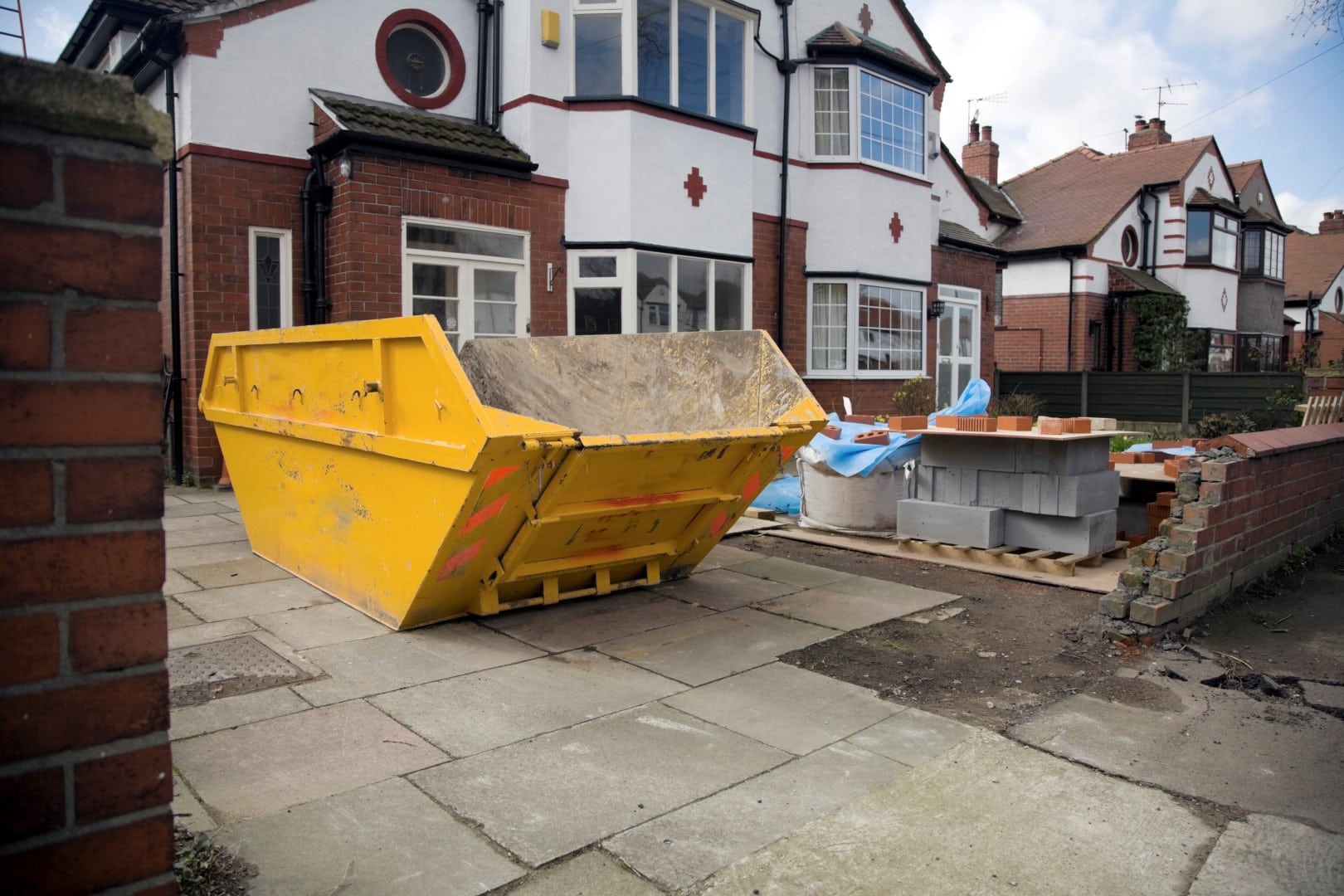Braking performance assessment requirements from April 2025
In a significant move to enhance road safety, the UK’s Driver and Vehicle Standards Agency (DVSA) has announced that, effective April 2025, there is an expectation that every safety inspection will include a brake performance assessment using either an RBT, a suitable electronic brake performance monitoring system (EBPMS) or a decelerometer with temperature readings. If EBPMS is not used it is expected there is a minimum of four laden brake tests spread evenly across the year, this can include the annual test.
Acceptable reasons for not carrying out a laden brake assessment.
Vehicles where laden brake assessments may not be possible or where additional loading would be difficult are listed below (this is not an exhaustive list), however there is an expectation that at least four of the assessments will use an RBT unless the construction or weight of the vehicle prevents its use.
- Vehicles where under normal operating conditions (more than 70% of the time) run at less than 65% of the permitted axle weights. This may include car transporters where they are designed for that specific task
- Furniture removal vehicles – Only when designed and constructed as a furniture removal vehicle
- ADR – Only when the load is considered dangerous and specialist facilities are not available
- Vehicles operating at 50% or more of permitted axle weights when unladen – This could include fixed plant, mobile libraries, compactor vehicles, exhibition type vehicles, bullion vehicles, etc.
Where a laden brake test is not carried out a risk assessment detailing the reasons, must be completed by a competent person who understands braking systems and its components at every safety inspection.
There must be an evaluation of the vehicle/ trailer performance report before every safety inspection by a competent person who can interpret the data. The evaluation must be signed, dated, and attached to the vehicle record together with the performance data report. The evaluation and data report may be a single document.
To allow flexibility vehicles can be presented for brake testing up to 14 days before the safety inspection date; this allows the operator to conduct a laden brake test during the vehicle/trailer normal activities without the need to specially load it.
Reliable brake testing is crucial to ensure road safety, helping to identify any potential brake issues that may lead to accidents on the road, minimising risks to the HGV drivers and other road users.
What does this update mean for you?
To follow best practice and comply with the proposed new legislation, the DVSA expect that with every safety inspection a brake performance assessment is completed with an RBT, suitable electronic brake performance monitoring system (EBPMS) or using a decelerometer and taking temperature readings as the sole method for evaluating brake performance.
In some cases, a loaded brake test may be impractical. As such, if a vehicle or trailer consistently operates under specific conditions, exemptions may apply. Examples include:
- ADR vehicles: when the load is considered dangerous, and specialist facilities are unavailable.
- Livestock carriers: when recreating the load is not possible.
- Noxious load carriers: only if the vehicle is specifically designed for this purpose.
- Furniture removal vehicles: only if the vehicle is specifically designed for this purpose.
- Public service vehicles: this includes prisoner transfer vehicles.
- Vehicles that operate at 50% or more of permitted axle weight when unladen. This could include fixed plant, mobile libraries, compactor vehicles or bullion transport vehicles.
- Vehicles that more than 70% of the time run at less than 65% of the permitted axle weights, these may include car transporters or unladen tri-axle semi-trailers.
For businesses running vehicles not fitted with an EBPMS (currently only available on trailers) or exempt, a minimum of four laden RBT assessments are required, these are to be spread evenly across the year and include the existing requirement to conduct a RBT at each MOT test. To ensure minimal disruption, these tests can be completed as early as 14 days before the next safety inspection date.
A risk assessment (example here) must be available to support every safety inspection where a laden brake test is not completed. The operator will still be responsible for a risk assessment is in place to justify any exemption. This assessment should be:
- Available to review during every safety inspection.
- Updated annually, or whenever there is a change in vehicle use.
- Retained with vehicle maintenance documents for 15 months.
What Should Our Customers Do?
At Mac’s Truck Rental, we are dedicated to providing safe and roadworthy vehicles to our customers and as part of this dedication we will be working with our customers to ensure they re-main compliant.
To achieve this, we will continue to complete our standard 4 laden RBTs per year across our managed fleets, while supporting our customers’ unique operational needs but will offer an increase in the frequency of the laden brake tests being conducted at the customer’s request. (Conditions apply).
We will be available to assist our customers, offering advice on how the new requirements affect their operations, any potential cost implications and providing information on keeping their own fleet in compliance.
For more information on the Braking performance assessment requirements from April 2025 and further reading please see below links.
Guide to maintaining roadworthiness: https://assets.publishing.service.gov.uk/media/6751b5d044885d072cecbd62/guide-to-maintaining-roadworthiness-commercial-goods-and-public-service-vehicles.pdf
Brake test risk assessment: https://assets.publishing.service.gov.uk/media/67362fbaf6920bfb5abc7bc1/annex-7-example-of-a-brake-assessment-risk-assessment-template.pdf
Understanding your HGV or trailer’s brake test report: https://www.gov.uk/government/publications/understanding-your-hgv-or-trailers-brake-test-report/understanding-your-hgv-or-trailers-brake-test-report
EBPMS Industry Standard Specification:
https://www.gov.uk/government/publications/electronic-braking-performance-monitoring-systems/electronic-braking-performance-monitoring-system-ebpms-industry-standard-specification
